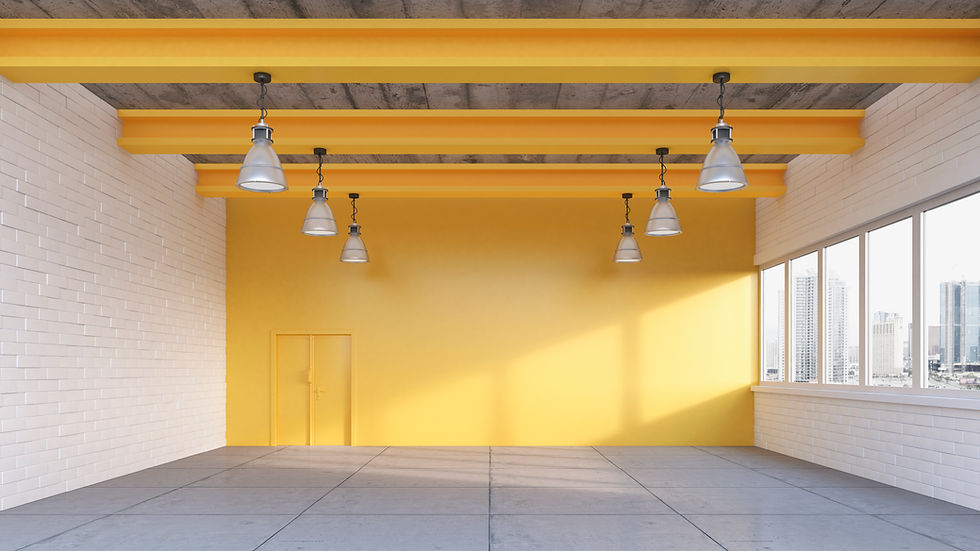
“As human beings, we have a natural compulsion to fill empty spaces.”
-Will Shortz (famous puzzle author)
Will is right, we all have a tendency to fill any area in our homes that appears to have an empty space. We can't stand to see an empty drawer, an empty shelf or empty walls. We just have to put something in or on them. We just do.
I'm here to tell you that empty space is a good thing. That appreciating those areas void of our things is actually beneficial to improving the quality of our living environment.
Josh Becker, of Becoming Minimalist, is a good read for trying to understand why we have the compulsion to fill up empty spaces. While Beth Hall's article, tells us of the peace that comes from empty spaces. She writes, "Help generate empty space in your home by eliminating clutter and organizing your living environment. Marketing ploys entice us to buy this or that, get the latest or the newest and to engage the “everybody must have it” mentality that supervenes. It takes great awareness to be empty, and in essence, live a minimalist way of life. Declutter your living space, clean it up, move it out, make room to truly live. A writer will create what is called ”white space” in a book by writing shorter paragraphs, using margins or leaving room between the lines. The “white space” allows the reader the opportunity to rest their eyes and completely take in the written word. Much like a writer who crafts his/her own “white space”, we can create that same nuance in our homes. Create a place for the mind at rest."
Don't get me wrong, it is okay to fill those vast areas of white that we feel need to be filled with our favorite things. Just think before you do and explore the wonder of knowing that maybe you have reached a point in your life when it just isn't necessary to add more.
It's as simple as that!